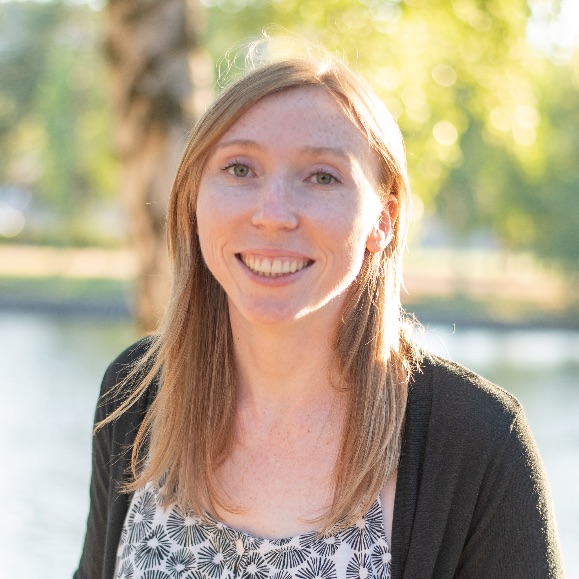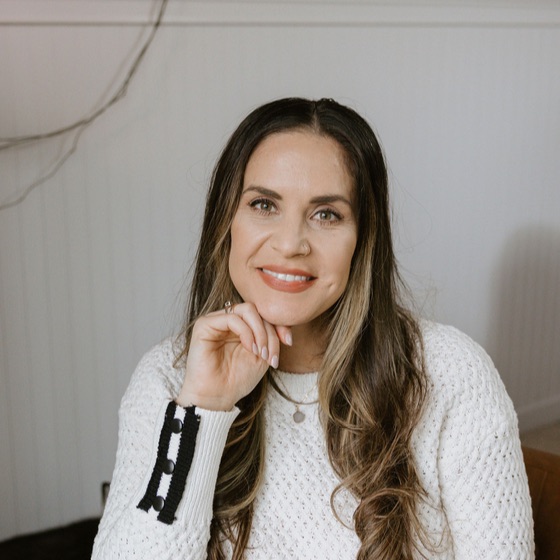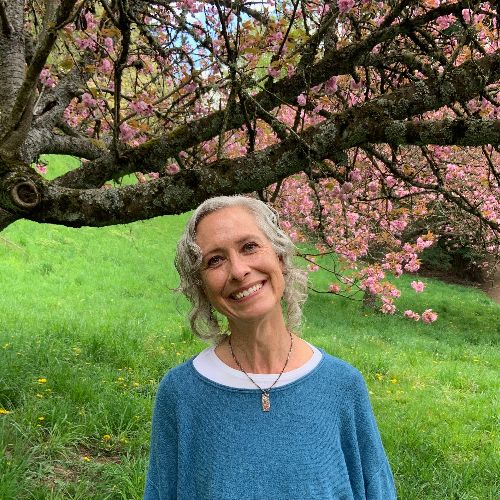Exploring Treatment Choices for ADHD in Portland
Exploring ADHD treatment in Portland means choosing formats that fit your routine—whether in-person sessions near your neighborhood, teletherapy from home, individual therapy focused on skills and attention strategies, or group programs that build peer support and accountability. In-person care can be easier if you’re close to transit-rich areas like the Pearl District, Downtown, and inner Southeast, while those commuting from outer East Portland or across the river may prefer teletherapy to avoid I‑5 and I‑84 traffic. Many providers cluster along MAX and bus corridors, and bike-friendly routes make midday appointments feasible for some. Group options may be offered through community clinics or specialty practices, while individual therapy can be tailored to co-occurring needs like anxiety or executive functioning challenges.
MiResource helps you quickly narrow choices by filtering Portland providers by therapy approach (CBT, coaching, skills-based, family-focused), in-person or telehealth format, accepted insurance plans, and real-time availability. You can search for clinicians near your MAX line or bus route, compare evening or weekend openings to match your work schedule, and find group offerings for adults, teens, or parents. The platform also highlights sliding-scale options and languages spoken to reduce barriers to care. With clear filters and local details, you can build an ADHD care plan that fits your life in Portland.
Local Programs and Community Partners
Portland offers a strong web of community support around ADHD, from advocacy to everyday peer connection. Families and adults can tap statewide advocates like FACT Oregon and the Oregon Family Support Network, both active in the metro area, for guidance navigating school services, 504 plans, and community-based supports. NAMI Multnomah also hosts education and peer-led groups that welcome neurodivergent folks and their loved ones, creating safe spaces in neighborhoods from the Pearl District to Sellwood. Public options like SUN Community Schools and Portland Public Schools’ special education and 504 resources help students build routines and access accommodations close to home. These networks complement MiResource’s therapist directory by surrounding clinical care with practical tools, advocacy, and community.
You’ll also find grassroots peer meetups and coworking circles gathering near landmarks like Powell’s City of Books, OMSI, and along the Eastbank Esplanade, where people share strategies for focus, time management, and executive function. Multnomah County Library branches frequently host talks and quiet study times, and local colleges such as Portland State University (PSU) often share disability resource workshops that are useful beyond campus. Youth and caregivers can connect through community centers in Alberta Arts District, St. Johns, and Montavilla, which regularly post bulletin-board announcements for ADHD-friendly activities. Together, these Portland-based nonprofits, public programs, and peer networks help residents build sustainable routines and community, while MiResource makes it easy to find ADHD-informed therapists to round out care.
Urgent Help for ADHD in Portland
If you’re in immediate danger or need urgent help for ADHD-related distress in Portland, call or text 988 (Suicide & Crisis Lifeline) or dial 911; you can request Portland Street Response for non-violent behavioral health crises via 911. Contact the Multnomah County Mental Health Call Center at 503-988-4888 (24/7; they can dispatch a mobile crisis team). For emergency care, go to OHSU Hospital Emergency Department (503-494-8311), Legacy Emanuel Medical Center ER (503-413-2200), or Providence Portland Medical Center ER (503-215-1111). For same-day, non-emergency needs, try OHSU Immediate Care (833-647-8222) or ZoomCare Urgent Care (844-466-9620). If you’re outside Multnomah County, Washington County Crisis Line is 503-291-9111 and Clackamas County Crisis Line is 503-655-8585.
Key Insights Into ADHD
ADHD is a common brain-based difference that affects attention, impulse control, and activity levels, and many people in Portland live with it at every age. Symptoms can include trouble focusing, restlessness, forgetfulness, and feeling easily overwhelmed, which can impact school, work, and relationships. Understanding ADHD helps reduce stigma and opens the door to practical supports, tools, and care that make daily life easier.
Spotting Potential Warning Signs
Noticing changes in focus, energy, or follow-through can be confusing, but you’re not alone—many people in Portland experience similar challenges with ADHD. Paying attention to early signs can help you get support sooner and feel more in control.
- Frequent trouble focusing on tasks or conversations, with your mind drifting even when you’re trying to pay attention
- Often forgetting appointments, messages, or where you put things, leading to daily mix-ups
- Struggling to stay organized—clutter piles up, plans feel scattered, and it’s hard to find a starting point
- Acting on impulse—blurting things out, interrupting, or making quick decisions you later second-guess
- Feeling restless or “on the go,” having a hard time sitting still or relaxing, even when you’re tired
- Difficulty finishing tasks—starting strong but losing steam, especially with longer or repetitive work
What Contributes to ADHD
In Portland, many people live with ADHD, and it develops from a mix of factors—not a personal weakness or lack of effort. Everyone’s combination of influences is different. Understanding these contributors can reduce blame and point to the right support. You’re not alone.
- Biological
- Family history of ADHD or related traits
- Differences in brain development and brain chemicals that affect attention
- Prenatal factors like premature birth or exposure to nicotine/alcohol
- Psychological
- Ongoing stress or anxiety that makes focus and self-control harder
- Trauma or adverse childhood experiences that impact regulation
- Learning differences that add to attention and planning challenges
- Environmental
- Exposure to lead or other toxins
- Chronic sleep disruption or inconsistent routines
- High demands at school/work without adequate support or accommodations
How ADHD Shapes Daily Life
Living with ADHD in Portland can make everyday tasks feel scattered, from catching the TriMet on time to staying focused at work or school. You might juggle big energy with shifting attention, which can lead to missed deadlines, tension at home, or feeling overwhelmed by choices. With the right support, you can build practical routines that fit Portland life—tools for planning, focus, and follow-through. Seeking care matters because small, steady changes can boost confidence, ease stress, and help you show up the way you want.
- Work and career
- School and learning
- Family life and parenting
- Friendships and relationships
- Physical health and daily habits (sleep, exercise, nutrition)
- Mood and stress management
Effective Treatments for ADHD
Living with ADHD in Portland doesn’t have to mean going it alone—effective, evidence-based treatments can improve focus, organization, and daily life. Many people see meaningful progress by combining therapies tailored to their goals. Explore the options below and connect with local providers to build a plan that works for you. Taking the first step toward support can make a real difference.
- Stimulant medications (e.g., methylphenidate, amphetamines): Often first-line; improve attention, impulse control, and task initiation.
- Non-stimulant medications (e.g., atomoxetine, guanfacine): Alternatives or add-ons; helpful for symptom control with different side-effect profiles.
- Cognitive Behavioral Therapy (CBT) and ADHD coaching: Builds skills for planning, time management, emotion regulation, and reducing procrastination.
- Behavioral parent training and family interventions: Teaches strategies to support children with routines, positive reinforcement, and consistent structure.
- Psychoeducation and support groups: Increases understanding of ADHD, reduces stigma, and offers peer strategies and encouragement.
- School/work accommodations (504/IEP, workplace supports): Structured supports like extended time, task breakouts, and distraction reduction to boost performance.
Quick Answers for ADHD Therapy in Portland
1. Can ADHD happen to anyone?
Yes—ADHD can affect people of any age, gender, or background, including folks here in Portland. It’s not a character flaw or a lack of effort; it’s a real neurodevelopmental condition that many people live with. Certain factors like family history, brain development differences, and environmental influences can increase risk, but anyone can experience ADHD. If you’re wondering about symptoms, reaching out for support is a strong and positive step.
2. Is ADHD just stress or something more serious?
Everyday stress comes and goes with specific pressures, but ADHD is a consistent pattern of inattention, impulsivity, or hyperactivity that shows up across settings and often starts in childhood. If you’re struggling most days, find it hard to stay organized or finish tasks, and symptoms don’t ease with rest, time off, or stress reduction, it may be more than temporary stress. When focus or impulse issues interfere with work, school, or relationships in Portland, it’s worth getting evaluated. Professional help is available and effective—therapy, coaching, skills training, and medication can make a real difference.
3. What are some misconceptions about ADHD?
A common myth is that ADHD is just laziness or a lack of willpower; in reality, it’s a neurodevelopmental condition that affects attention, impulse control, and motivation pathways, and support—not shame—helps. Another misconception is that ADHD only affects children; many adults in Portland live with ADHD, whether newly diagnosed or long aware of their symptoms. People also think medication is the only option; while meds can help, therapy, skills coaching, lifestyle supports, and community resources in Portland can be equally important. With the right plan, people with ADHD can thrive at work, school, and home.
4. Can ADHD improve without treatment?
Some people notice ADHD symptoms ebb and flow over time, and for a few, they may lessen without formal treatment. Still, working with a professional in Portland greatly improves focus, daily functioning, and long‑term outcomes. Therapy and coaching help you build lasting coping skills, reduce stress, and prevent relapse when life demands increase. Support is available locally so you don’t have to navigate ADHD alone.
5. How do I talk about my ADHD with family or friends?
Start small: share what ADHD looks like for you and what helps, e.g., “I’m getting help for ADHD, and it affects my focus and time,” or “I’d appreciate support by giving me reminders without judgment.” Set clear boundaries like, “Please don’t label me lazy—ask how you can help instead,” and let them know when you need quiet or extra time. Offer resources so they can learn more, such as CHADD Oregon, local Portland ADHD meetups and groups, or beginner guides from ADDitude. Remind them you’re building tools that work for you and that understanding from your circle in Portland makes a real difference.
6. Who is qualified to diagnose ADHD in Portland?
ADHD can be diagnosed in Portland by licensed psychiatrists, clinical psychologists (including neuropsychologists), pediatricians and other primary care physicians, as well as psychiatric nurse practitioners and physician assistants practicing within their scope. These clinicians use standardized evaluations to make accurate diagnoses and guide treatment. MiResource only lists vetted, licensed Portland providers qualified to deliver accurate ADHD diagnoses and safe care.
7. What usually happens in a first therapy session for ADHD?
In your first ADHD therapy session in Portland, you’ll start with simple introductions and a brief overview of how sessions work. You’ll share a bit of your personal history—what ADHD looks like for you day to day—and any concerns or questions you have. The therapist will listen, ask gentle clarifying questions, and help identify what’s most important to you right now. Together, you’ll set clear, manageable goals and outline next steps so you leave with a plan and a sense of confidence.













